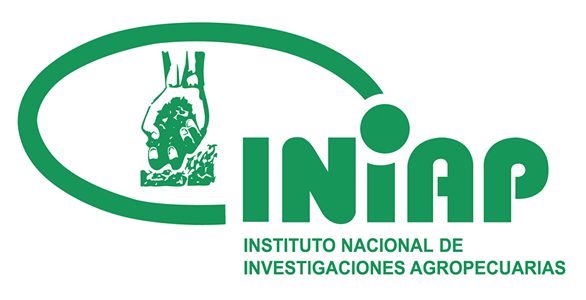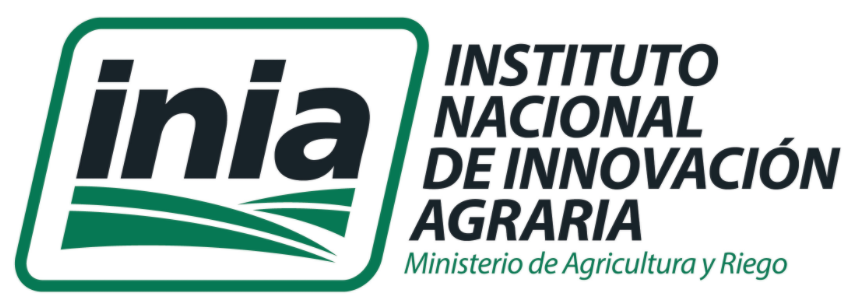Partners

ALLIANCE BIOVERSITY - CIAT
The Alliance of Bioversity International and the International Center for Tropical Agriculture (CIAT) delivers research-based solutions that address the global crises of malnutrition, climate change, biodiversity loss, and environmental degradation. The Alliance focuses on the nexus of agriculture, nutrition and environment and work with local, national, and multinational partners across Africa, Asia, Latin America and the Caribbean, and with the public and private sectors and civil society.

KU LEUVEN

WUR
Society & well-being.

AGROSAVIA

INIAP

ESPOL

CIRAD
In collaboration with

IRD

SENASA

INIA
The National Institute of Agrarian Innovation (INIA) is an entity attached to the Ministry of Agrarian Development and Irrigation of Peru that develops research activities, technology transfer, conservation and use of genetic resources, as well as the production of seeds, seedlings and high-value reproducers genetic. It articulates and regulates research, development and innovation (R + D + i) with the actors of the SNIA, aimed at competitiveness, food security and adaptation to climate change and formulates, proposes and executes the national policy and the agricultural innovation plan.

Alliance Americas
Address: Km 17 Recta Cali-Palmira CP 763537
Apartado Aéreo 6713, Cali, Colombia
